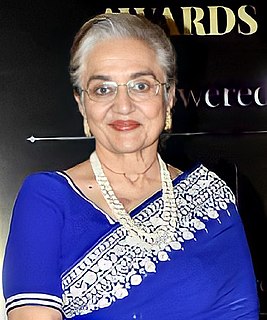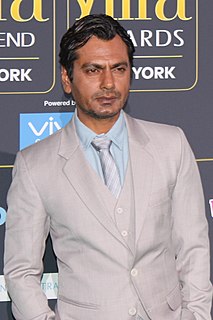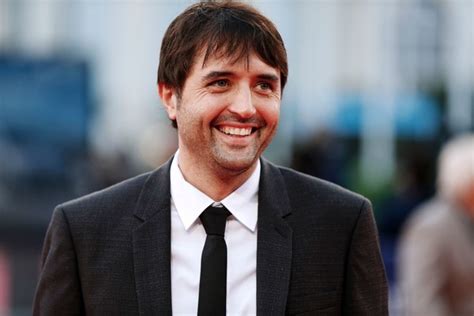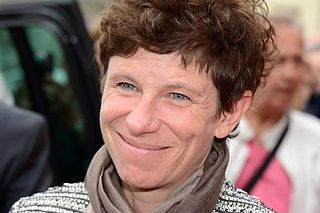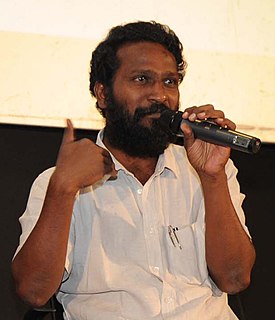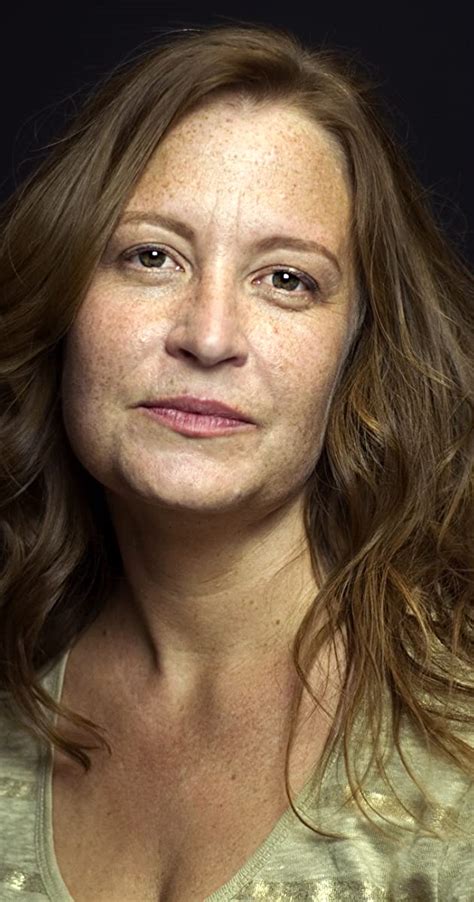A Quote by Jay Chandrasekhar
Many films you see in theaters are financed through outside sources. With big films, the studio will pay, hoping to reap the reward of their big bet. But with medium and small-sized films, outside production companies and financiers often foot the bill.
Related Quotes
On the Internet, companies are scale businesses, characterized by high fixed costs and relatively low variable costs. You can be two sizes: You can be big, or you can be small. It's very hard to be medium. A lot of medium-sized companies had the financing rug pulled out from under them before they could get big.
I didn't see films when I was young. I was stupid and naïve. Maybe I wouldn't have made films if I had seen lots of others; maybe it would have stopped me. I started totally free and crazy and innocent. Now I've seen many films, and many beautiful films. And I try to keep a certain level of quality of my films. I don't do commercials, I don't do films pre-prepared by other people, I don't do star system. So I do my own little thing.


